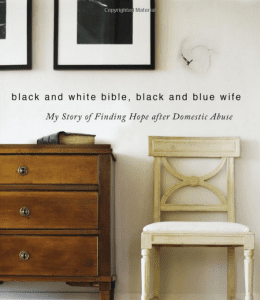Church kids, in the middle of a boring sermon, sometimes wander around in the Bible to keep themselves occupied. Those who wander accidentally into the Song of Songs not only wander but begin to wonder just what it is they have happened upon. No matter how hard some well-intentioned parent, Sunday School teacher or pastor tries to convince the young Christian kid that this book — smack dab in the Bible — is an allegory of our relationship to God, it sure does sound like love poetry. So it is.
And we begin today a series on the Song of Songs as a love poem that will lead us into reflections on love and marriage for a few months. I’ll avoid discussing all the introductory problems — when it became “canonical” and the various ways scholars have read Song of Songs — and just say these things:
1. Song of Songs is a love song between a young woman and a young man.
2. There are four basic voices/characters: the young man, the young woman, the brothers, and the daughters/women of Jerusalem.
3. The theme is the love of the two lovers for one another, and as a highlight of this love is the commitment of the woman to her husband as she spurns the wooing of Solomon. So, the Song affirms fidelity and repudiates desertion for the king.
4. Love finds expression in poetic imagery of one another’s bodies, in commitments to one another, and in the adventures of exploring life with one another.
5. I see no problems interpreting Song of Songs as a dramatic play; it could be an original love song of two real people that, because of its timelessness and universal appeal, became poetry scripted for a dramatic presentation. The words of this Song became popular for weddings.
One thing I love about Song of Songs is that love is seen as playful and delightful. So it should be.
My major helps will be J. Cheryl Exum’s commentary, Song of Songs, and Ariel and Chana Bloch’s The Song of Songs. At times I’ll dabble in Richard Norris, The Song of Songs (The Church’s Bible). I’ll do my best to avoid this being a tedious exercise in history and exegetical debates, and do what I can to keep our reflections on love and marriage as they arise from the contours of this poetry.














